
Digital-first banks attract customers with no-fee accounts and simple, seamless setups. But their appeal to fraudsters means the more seamless they get, the more dangerous they become.
Rumours persist that Chime, the San Francisco-based ‘neobank’ that offers fee-free banking services, plans to float its IPO and list on the New York Stock Market. Valuations of the ‘neobank’ are estimated at around $40 billion, based on its last funding round in August 2021.
But there’s still no firm date set for the IPO.
Why all the hesitancy? Analysts suggest the company is waiting for more favourable marketing conditions, but there are other issues that seem to have given initial investors the collywobbles.
Firstly, and most obviously, Chime isn’t a bank. It’s a fintech company with no banking licence. Chime has agreed with California legislators not to refer to itself as a ‘bank’ in any of its advertising or publishing materials.
That’s not exactly a hindrance: Apple isn’t a bank either yet we still use our phones to make payments every day, and Chime is FDIC-insured.
So what’s the real issue?
The problem is what we think of as the ‘seamless paradox’. It goes like this: we all want a no-hassle, seamless banking experience, and that is a big part of the appeal of a digital-first or digital-only bank. But that seamlessness means skipping out important steps in keeping our money safe. The more seamless, the less harmless. The less seamless, the more harmless.
It’s a see-saw that you don’t want to be on the end of.
The same “seamless” signup and ease-of-use features that make digital banks appealing to customers have given crooks an opening to wreak havoc through various schemes. That includes “first-party fraud,” where customers exploit America’s tortoise-like bank-to-bank transfer network by moving money from one account to another and then withdrawing the same funds from both accounts while the transfer is in process.
But the biggest risks come from identity fraud. According to data from Aite-Novarica Group, ‘neobanks’ have an average fraud rate double that of credit cards’ historical rates and three times higher than debit cards.
This adds up. In 2020, identity fraud alone caused $56 billion in losses across all U.S. financial services firms, according to research firm Javelin.
But that’s not the only risk. Some merchants have begun limiting or even blocking the debit and credit cards being offered by Chime, Cash App and other neobanks.
Forbes reports that airport car rental firms across the US are refusing Chime cards in a bid to prevent fraud. This includes Budget, Enterprise, Avis and Dollar.
A bank card that you can’t use? That’s hardly a seamless experience.
Like all fintech companies Chime is working hard to reduce the risk of identity theft. While the company is exposed to many different kinds of scams, it appears to take its efforts to protect its customers seriously.
But according to ProPublica there are times when they may have gone a little overboard. Cases emerged of people’s accounts being abruptly frozen or even closed down, leaving them with no access to their own money.
And while banks and credit card companies will typically return money to you if you’ve been scammed, remember: Chime is not a bank. It doesn’t follow the same rules.
As a result there are countless examples online of Chime not returning money to scammed or hacked customers.
Look. We’re not saying that digital banks or ‘neobanks’ are bad places to keep your money. We all want to live more seamless lives, and stop paying fees to the big banks too.
But there are easy ways for fintech companies like Chime to keep their customers safe, and their transactions seamless. At APLYiD we build simple, super-fast ID verification that protects against identity theft. It can add less than two minutes to setting up a new account, but that ever-so-slightly-less-seamless experience is a tiny price to pay for a bank account that will be safe from scammers, and still have all your hard-earned money in it when you need it.
We can break the paradox.
If you’re banking with a neobank, then just double check what protocols they use to keep your money safe. The last thing you want is to find yourself at the airport with no ride, staring at a frozen account screen.
Oh, and if you’re a Chime customer that has been scammed, here’s a quick tip: if you’re trying to get your money back from Chime, remember it needs all the positive publicity it can get in advance of its IPO – so your best bet is to use publicity to get your money back.
Contact your local news crew, because customers usually get refunded after the reporters contact the fintech company.


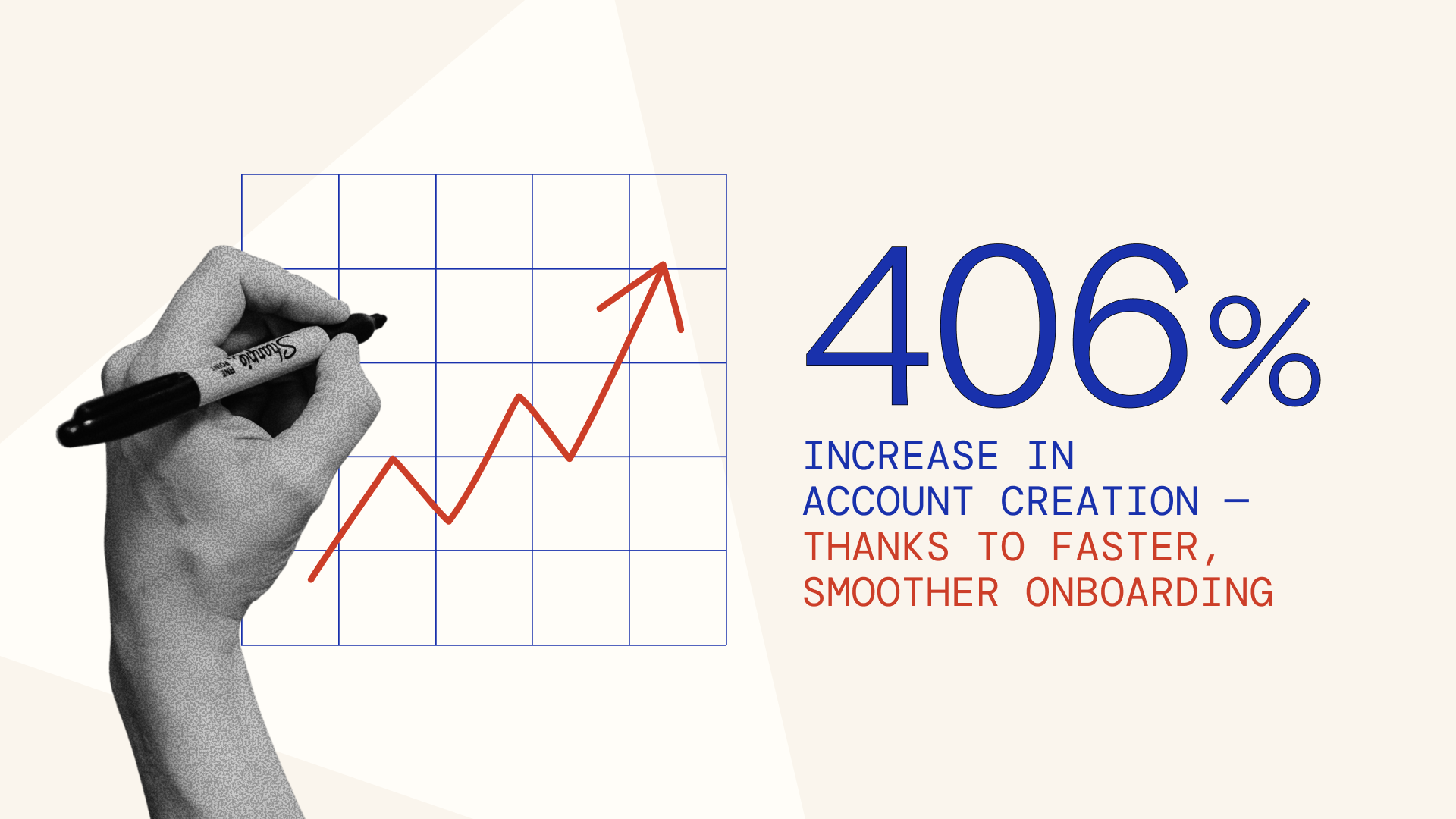

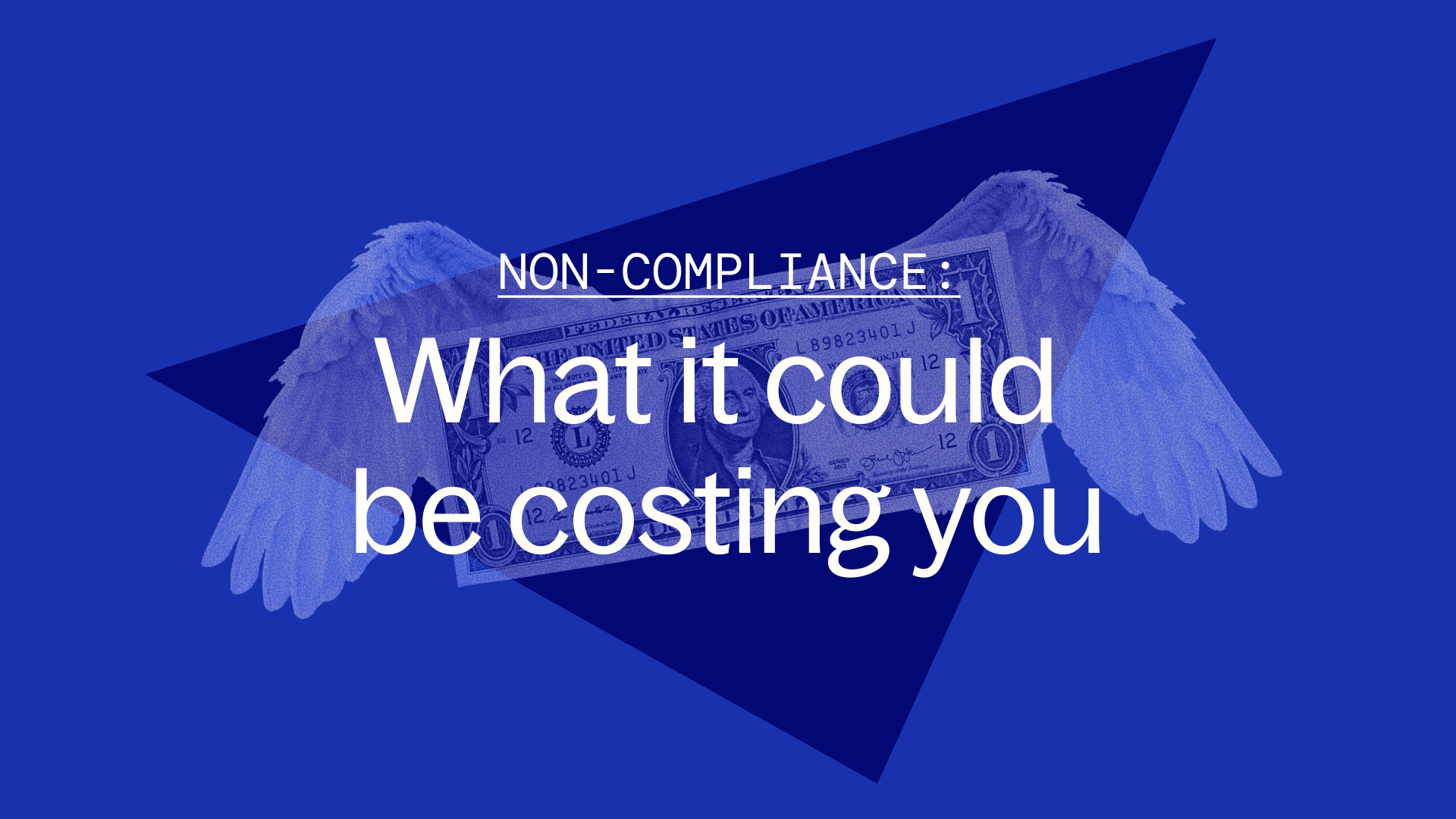


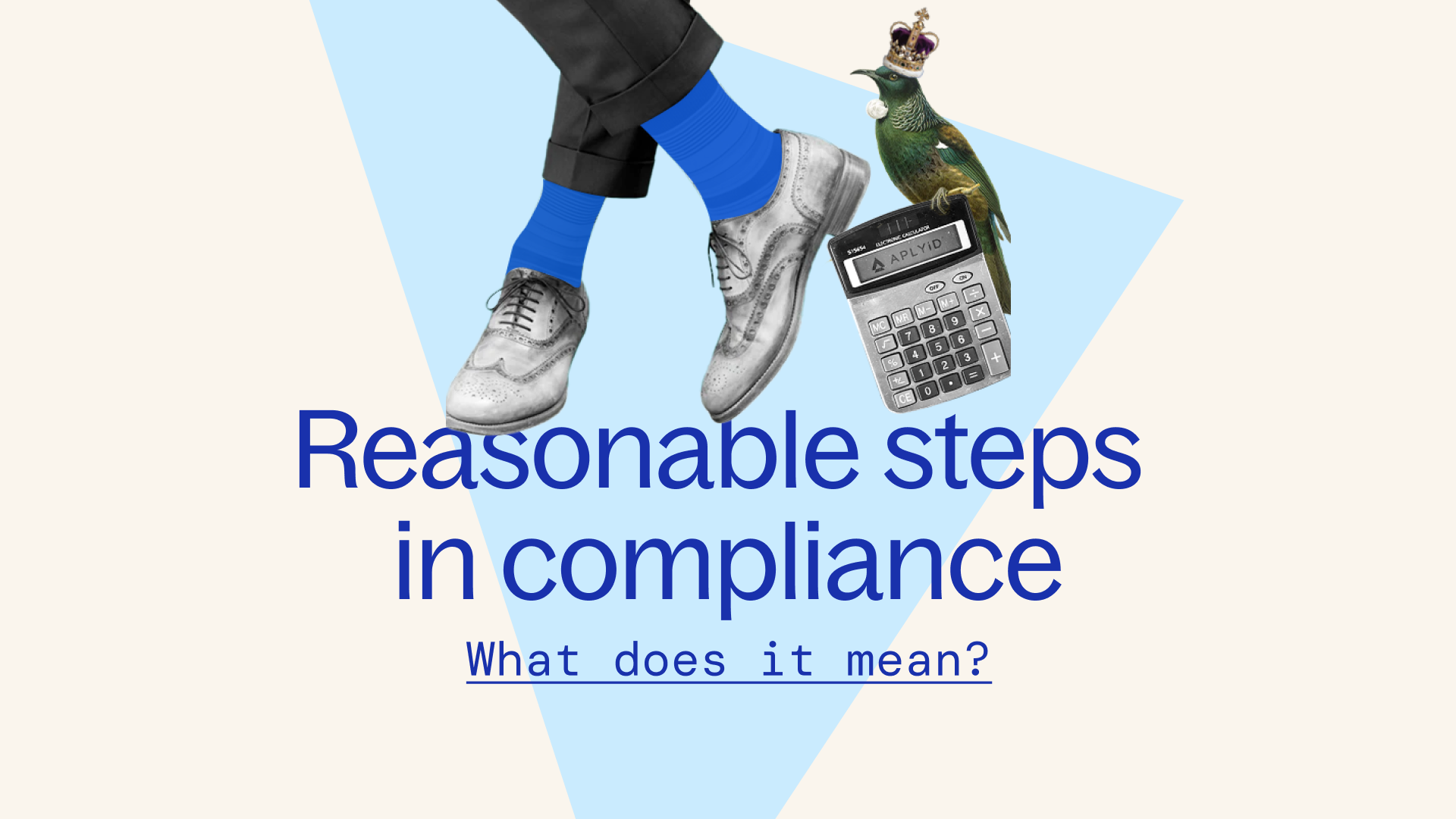
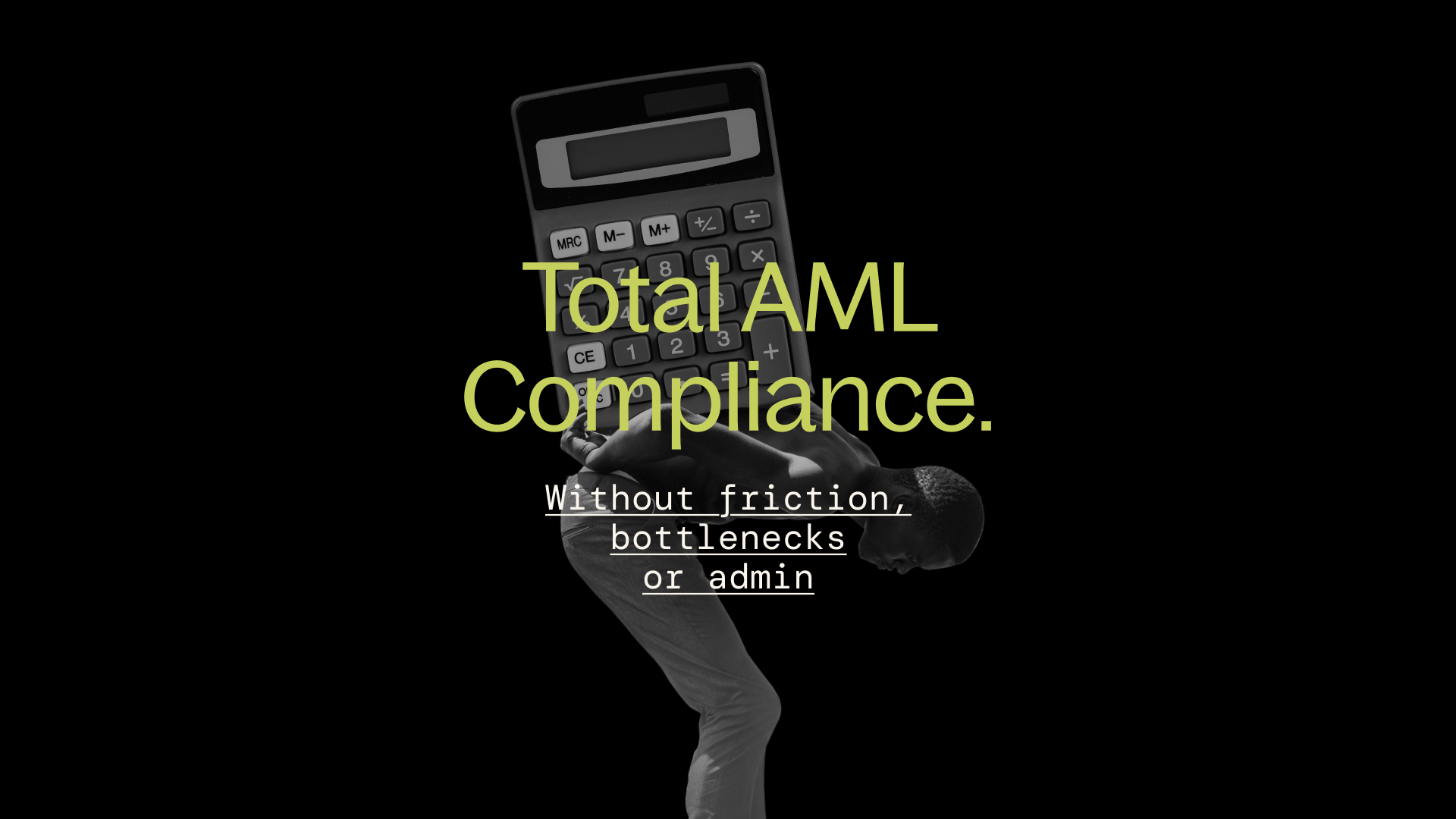
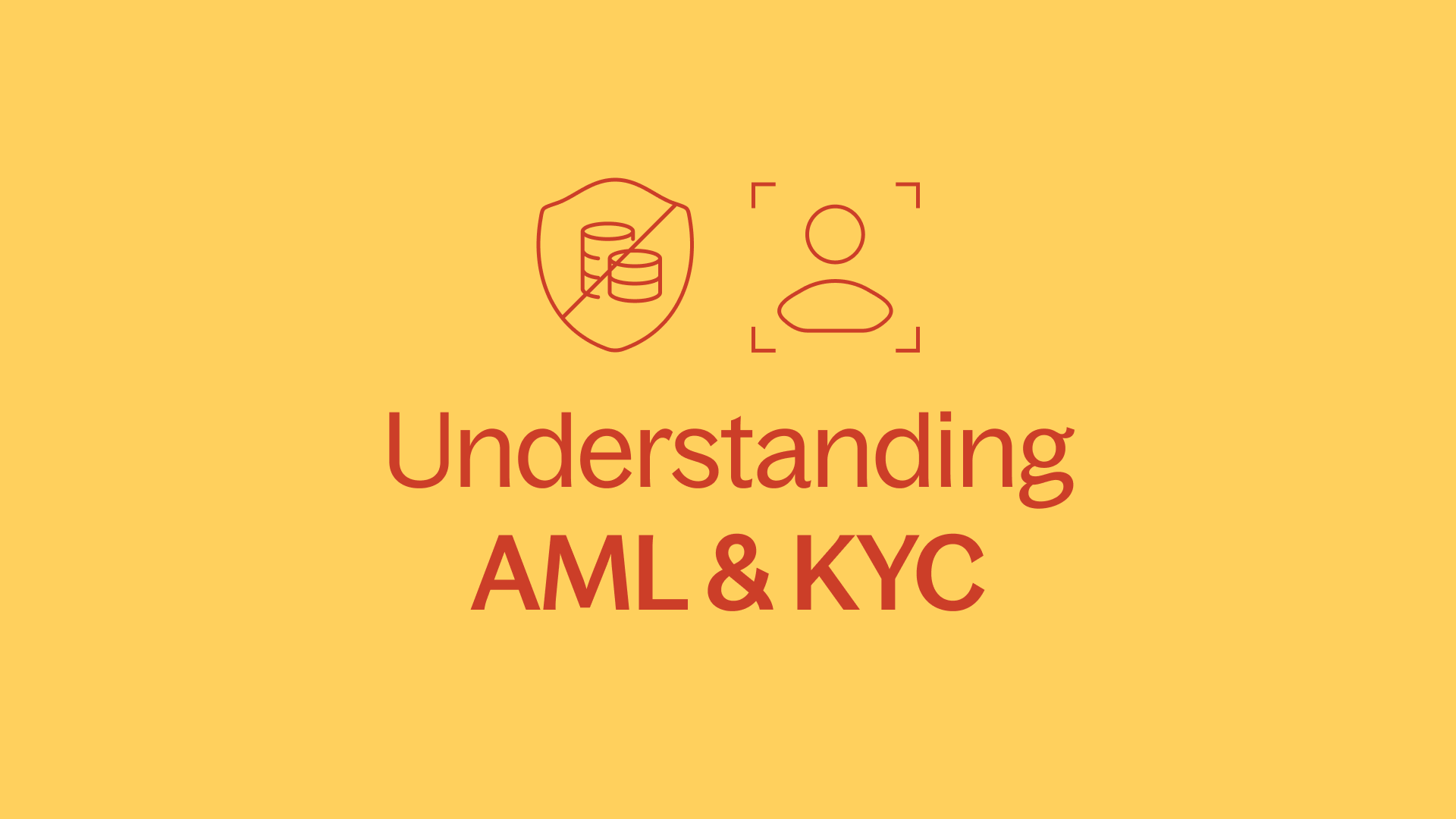


Starting 1 June 2025, all NZ reporting entities must assess, record and monitor the risk level of new clients.
Read more
If you are a Lawyer, Real Estate Agent, or an Accountant in Australia, you may be wondering what exactly this ‘Tranche 2’ stuff will mean for you in practical terms.
Read more
Press Release: APLYiD Partners with HES Fintech to Enhance Digital Identity Verification Solutions
Read more
It's not hard to scam an agency, and HMRC is on the hunt for AML negligence with £5k fines. Yikes. But there is an easy way to fix this...
Read more
As Valentine's Day approaches, love is undoubtedly in the air, but unfortunately, so is the risk of identity theft within the online dating sphere.
Read more
As we kick off the new year, APLYiD, a leading identity verification company, is navigating through changes in the regulatory landscape.
Read more
In today's fast-changing world of digital security, biometric verification has become a crucial way to authenticate identities.
Read more
What is Enhanced Due Diligence and why is it so important?
Read more
At APLYiD our mission is to end identity fraud and digital crime – that’s why we’ve made the best biometric identity verification software on the planet. But as our technology gets more sophisticated...
Read more
At APLYiD our mission is to end identity fraud and digital crime – that’s why we’ve made the best biometric identity verification software on the planet. But as our technology gets more sophisticated...
Read more
The cost of living crisis, competitive landscape and ongoing war in Ukraine are causing major headaches for the legal industry
Read more
The new 2023 plate change will come in a volatile, ultra-competitive market. Here’s how to win over those harder-to-reach customers
Read more
There are some tiny, fragile signs that the UK Property market is recovering
Read more
The accounting industry is in crisis – but with one simple software tweak it could become a fun, rewarding job once more
Read more
As interest rates continue to rise, so too do abandonment rates. By creating a better customer experience, you can cut those rates while protecting your business from fraud
Read more
The entire accounting industry is changing. For some that means new opportunities for growth and diversification; but for others the change can be traumatic.
Read more
Watch and learn with our pick of the 14 best YouTube channels to follow if you’re serious about cyber security
Read more
Passwords are hacked with ease, and MFAs are not the answer. Isn’t it time the biggest companies protect their clients and workforce with an identity-based perimeter?
Read more
New to KYC? Here’s your at-a-glance guide to the ins and outs of Knowing Your Customer.
Read more
The FCA reports that the UK’s top challenger banks still don’t do enough to eliminate identity theft and cyber fraud – but there’s nothing but silence from the companies that are supposed to be protecting them.
Read more
The next year is going to be a tough one, with fewer car registrations than ever. Follow our tips to make the most of every customer and drive ahead of the competition.
Read more
Some predict a bumper year for consumer finance; other suggest the industry will suffer. Either way recessions can wreak havoc – but here are some ways you can navigate the choppy waters ahead.
Read more
Wherever you look the experts are predicting an annus horribilis for Estate Agents next year. But we’ve unearthed some ways you can beat the property market slump and thrive next year
Read more
Conventional wisdom predicts that legal firms do well in a recession. But that’s not always the case – unless you follow our top five tips for 2023
Read more
Well, 2022 was a bit of a hellscape, wasn’t it? Recessions, political merry-go-rounds, Royal dramas, problematic world cups, and the ever-present ghost at the feast that is Brexit have all left their mark on the
Read more
There are many reasons why elite sports stars can end up poor and homeless. Drug habits, concussions, bad investments, you name it. But Cindy Brown is different.
Read more
The safest, fastest and most trustworthy onboarding process to verify your customer’s identity.
Read more
The best customer onboarding experience… and the best defence against digital fraud.
Read more
Digital-first banks attract customers with no-fee accounts and simple, seamless setups. But their appeal to fraudsters means the more seamless they get, the more dangerous they become.
Read more
The myth persists that identity theft is a relatively harmless, victimless crime aimed mostly at the elderly and vulnerable… but the data doesn’t agree.
Read more
Our complex world and its resultant threats to businesses mean General Counsel and legal firms are getting less sleep than ever. But there’s more to it than just risk: finding the right balance can give in-house
Read more
So much of the world is under threat from scammers, bad actors – and governments that give them shelter. But we can defeat the bad guys if the good guys band together.
Read more
KYC is an important part of protecting yourself – and your customers – from fraud, regulatory breaches and bad actors. Luckily APLYiD makes KYC compliance quick, seamless and effective.
Read more
Imagine returning from a well-earned holiday and putting your key in your front door only to find the locks have been changed…. then a stranger opens the door and asks who you are.
Read more